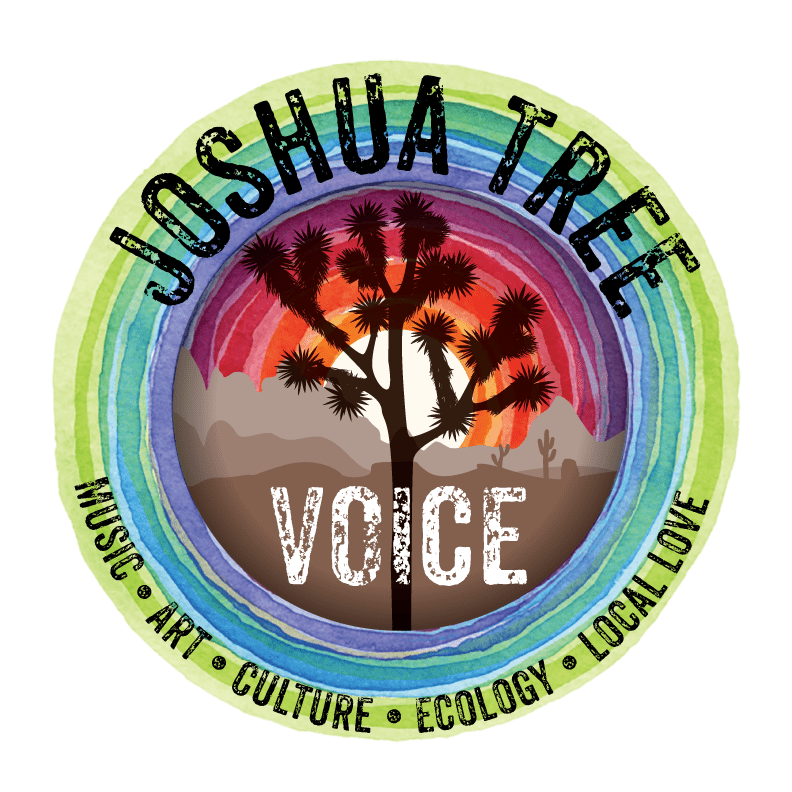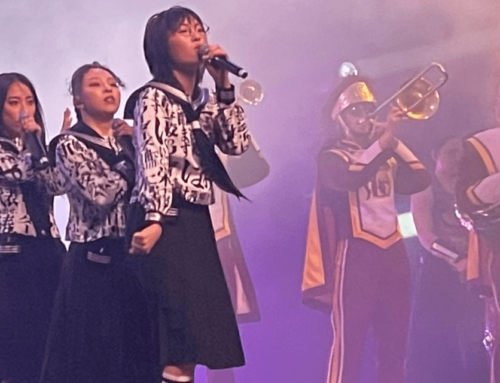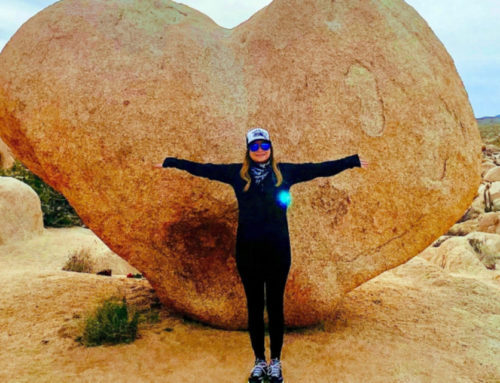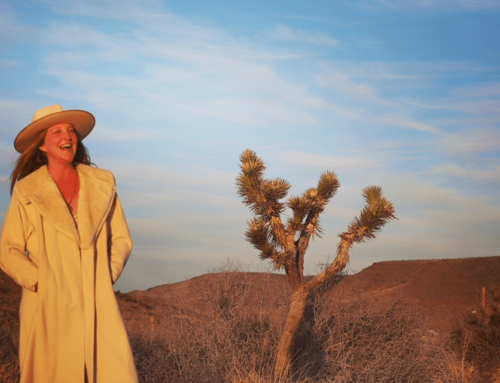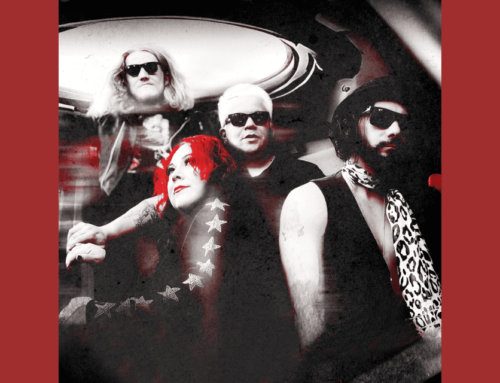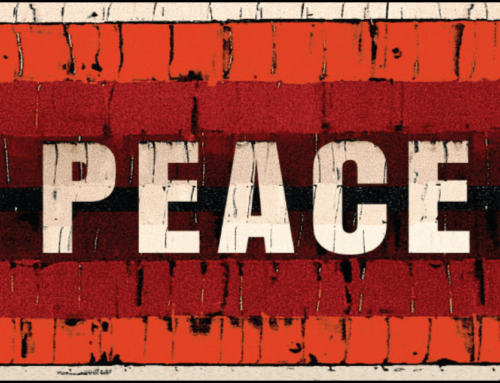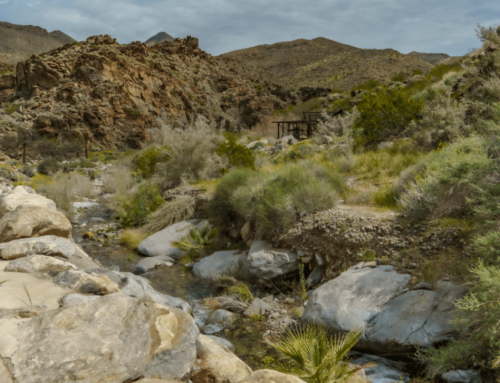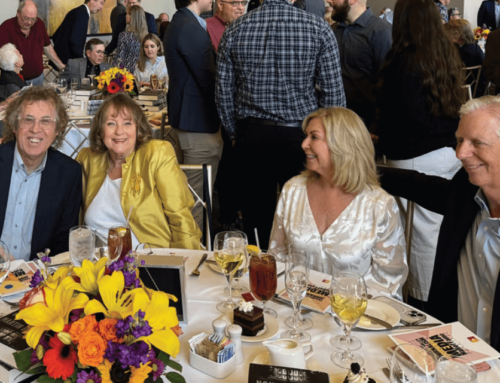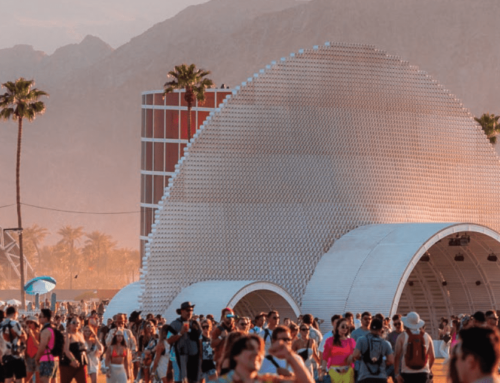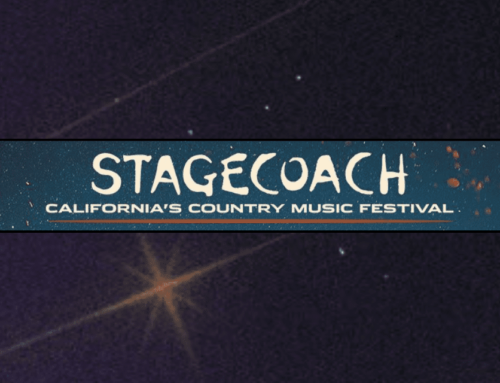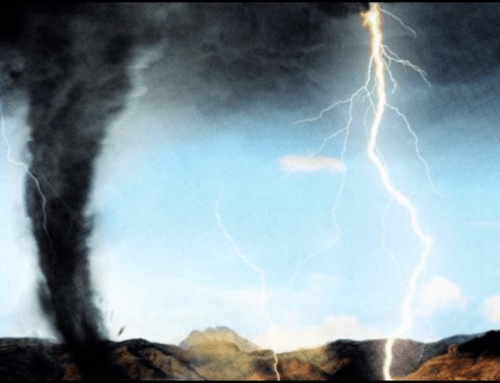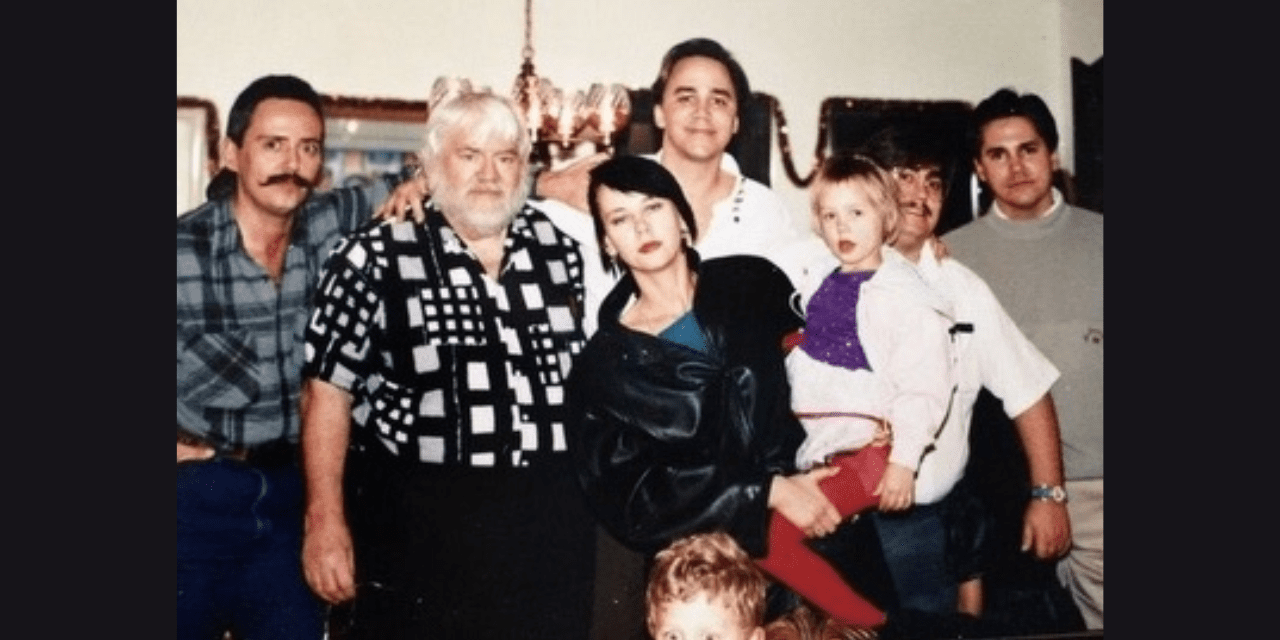
“American Conspiracy – The Octopus Murders” – A Son’s Perspective On His Father’s Involvement
Netflix Top Viewed Original Series, “American Conspiracy – The Octopus Murders,”
Hits Close to Home for Local Musician, Bobby Moses Nichols
By Lisa Lynn Morgan
Bobby Moses Nichols has been an integral part of the desert music scene, spanning both the high and low deserts, since the mid-80s. Renowned for his intricate and intuitive guitar leads, Bobby infuses each performance, even covers, with a unique flavor that never repeats itself. His musical journey traces back to his childhood in Brazil and Chile, where he spent extensive hours honing his craft from as early as nine years old.
Over the years, Bobby’s musical prowess has taken him on a fascinating journey, but none more enthralling or absorbing than the one brought to his doorstep in 2021 by award-winning director, Zachary Treitz, and photojournalist, Christian Hansen. The two were creating a docuseries, and Bobby was a key source for their investigation.
The four-part true crime series hoped to unravel the mystery behind Washington DC journalist, Danny Casolaro’s life and mysterious death. At the heart of the story lies the enigmatic “Octopus Murders,” a web of intrigue surrounding the early 80s, groundbreaking PROMIS software, originally designed for legitimate law enforcement purposes, purportedly commandeered for use in international espionage and surveillance.
Danny Casolaro’s investigation uncovered activity on tribal land belonging to the Cabazon Band of Mission Indians, where Bobby’s father worked. In his role of business advisor in 1978, John Phillip Nichols led the charge in initiating diverse business endeavors for the tribe. These ventures included the establishment of tax-exempt cigarette sales, a card room, a high-stakes bingo hall, and the provision of discounted liquor. Additionally, under his stewardship, the Cabazon tribe introduced comprehensive health insurance programs and launched initiatives focused on enhancing education and employment prospects within the community. But it was his ties to self-professed PROMIS re-programmer, former child prodigy, Michael Riconosciuto, who worked under Nichols leadership, and his proposed partnership with powerful security company, Wackenhut, that caught Casolaro’s attention.
Based on Hansen’s research, Wackenhut, was involved in many things – private prisons, defending nuclear missile sites, and Area 51, to name a few. The same research also revealed Wackenhut was responsible for black ops jobs for the government, with alleged plans to develop chemical and biological weapons on the reservation.
The 1981 execution-style shootings of Cabazon tribal official, Alfred “Fred” Alvarez, and his friends Patricia Castro and Ralph Boger drew further suspicion. The murders took place at Fred’s home in Rancho Mirage just before Alvarez was to meet with lawyers to discuss what he believed was suspicious activity under the leadership of John Nichols. For reasons that are still unclear today, the investigation was dropped, and there were never any convictions. Even the cold case resurrection in 2007 that extradited James “Jimmy” Hughes, former security director of the tribe’s casino and bingo operations, was ultimately dismissed when the prosecutors admitted they didn’t have enough to process a conviction.
It is believed by some that Casolaro’s deep dive into the murky world of intelligence agencies, covert government operations, the complex web of individuals with ties to organized crime, government corruption, and international espionage networks, ultimately lead to his untimely death under suspicious circumstances.
Bobby Moses Nichols, In an interview with Joshua Tree Voice, reflects on his involvement in the documentary and shares insights into his family’s complex history. He speaks candidly about the challenges of navigating his father’s controversial legacy and his own exploration of his familial ties, unearthing surprising connections to political figures and historical events.
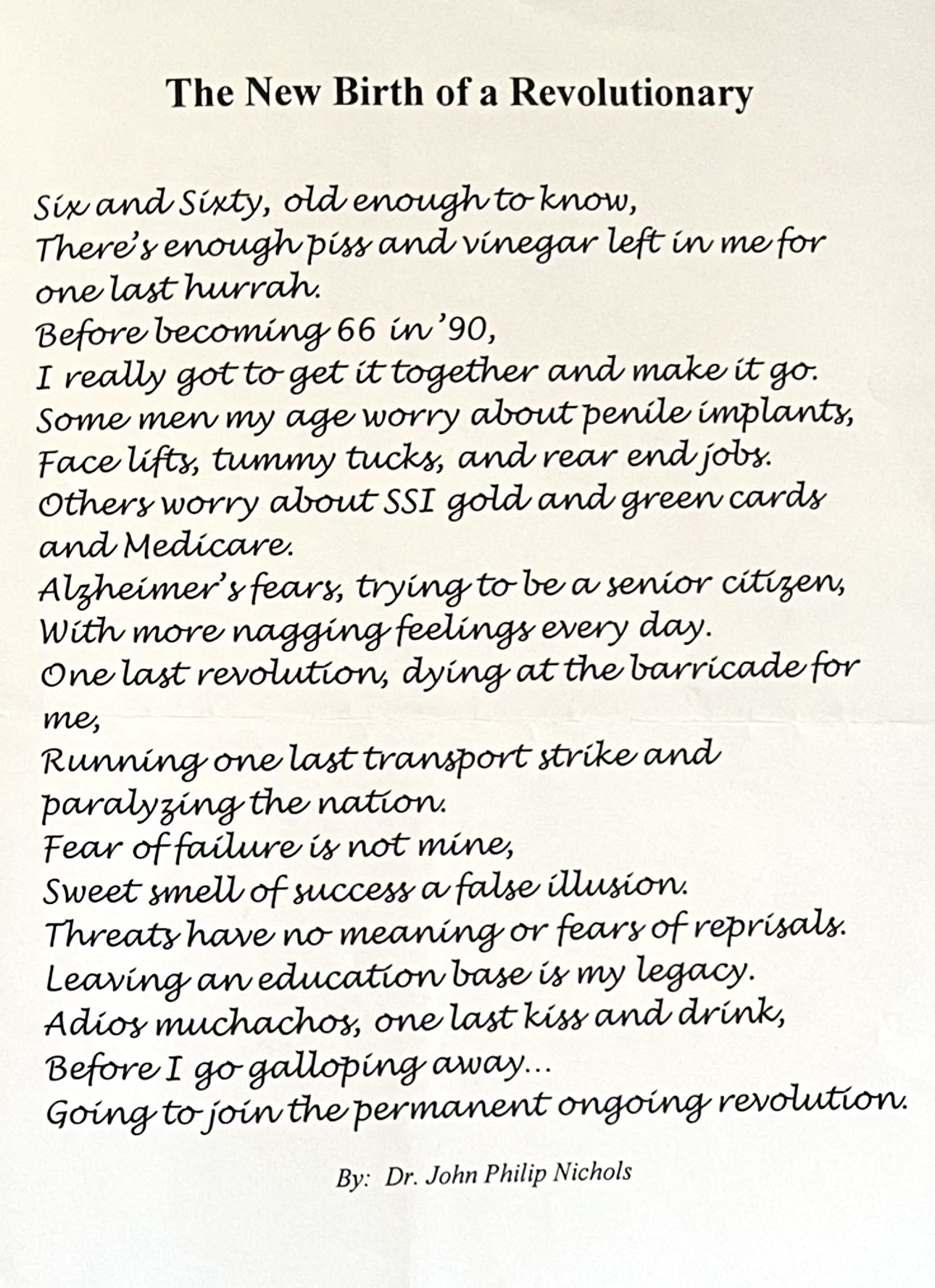
“I inherited all my dad’s stuff; he left it to me alone in his will,” shared Bobby, the third of five children. “I went through twenty large filing cabinets and many boxes of books over the course of two years and ultimately only kept his files from the timeframe covered in the documentary because I knew instinctively it was going to be needed at some future time. Boy was I right.”
Realizing that they were going to tell the story with or without him, Bobby decided to work with the film makers. “I wanted to put a human face to my father’s story,” he explained. “I’ve been aware and watching the internet to see what information was out there concerning him. This is a small sliver of my life, but it’s one that people are fascinated with. People couldn’t figure out who my father was, and in my younger years, I experienced that same feeling. He was definitely an enigma.”
“The show was focused on Casolaro and his research,” Bobby continued. “It only touched on who my father really was. That said, all prior research on the Octopus could never say much about him because little was known. I gave these guys a glimpse of him no one had access to before. Yes, his efforts (and my brother’s, Mark Nichols) opened up financial freedom to Native Americans across the country. Unfortunately, the salacious stuff is what most folks concentrate on. My dad never drank, smoked, or used any foul language,” Bobby recalls. “He never owned any weapons – zero. He was incredibly intelligent and was certainly a master manipulator. I like music. So did my father. I wish I knew then what I know now. There are so many questions I would have asked.”
“The PROMIS software is the birth of the digital surveillance state,” Bobby surmised. “All of the surveillance software currently in use by the NSA, FBI, etc…are newer generations of the PROMIS source code.”
“It’s all pretty crazy,” continued Bobby. “If I ever mentioned anything on this level to friends, their eyes would glaze over after 30 seconds, like I was speaking a foreign language. I never wanted to really engage with this stuff, but Zachary and Christian have done me a favor in that I can have a more educated discussion of the details.”
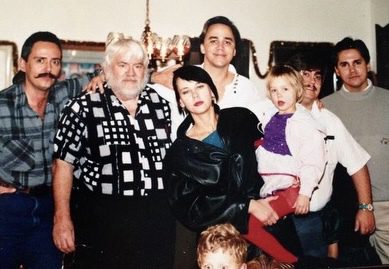
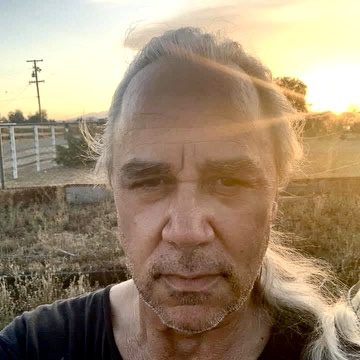

“Of course we’re in another era now, but I and many other people feel what’s happening currently on the planet has connections to these events of 30-40 years ago, particularly the surveillance aspect. PROMIS also made it possible for large amounts of money to be moved around between banks internationally without detection. That was what the BCCI bank was all about – it was a CIA bank basically. They (Zachary and Hansen) didn’t get into some of the names associated with the distribution of PROMIS ~ Robert Maxwell (Czechoslovak-born British media proprietor, politician, fraudster, and the father of convicted sex offender Ghislaine Maxwell.), Tim Osman (code name used by Osama Bin Ladin), and others. I get the sense the first twenty years after PROMIS was hijacked, repurposed, and used as a window for nefarious intentions to set in place before real controls were established.”
“My father wasn’t motivated by profit like a criminal would typically be. He was an agent of change,” asserts the younger Nichols. “Growing up, we always had what we needed, but we weren’t wealthy by any means. My father died in 2001, living on a monthly retirement check from the Cabazon Band of Mission Indians and his social security. But he was constantly working on big projects, like putting in a power plant in the Philippines, housing tracts in Guam, and things of that nature until the day he died of a heart attack.”
“I’ve come to realize that my father’s CIA background influenced him in dark ways. Bumping off people was a real thing, mixed in with helping indigenous peoples. That’s why he’s controversial. The Octopus is a real look into how intelligence agencies operate. My father was a lot more than what the story portrays.”
“My family’s 25 years of starting and developing all the tribe’s business ventures seems to somehow have been scrubbed from their Wikipedia pages. That’s criminal in my opinion. There are published books detailing it, such as Return of the Buffallo. Everyone from the Coachella Valley who were around from the late 70s until my brother Mark left in 2005 knows the Nichols family’s influence on everything they did. The Indio Tamale Festival was Mark’s brainchild, as was the Southwest Art Festival. The first local Pow Wow’s were started by Mark and the Cabazons. The list goes on.”

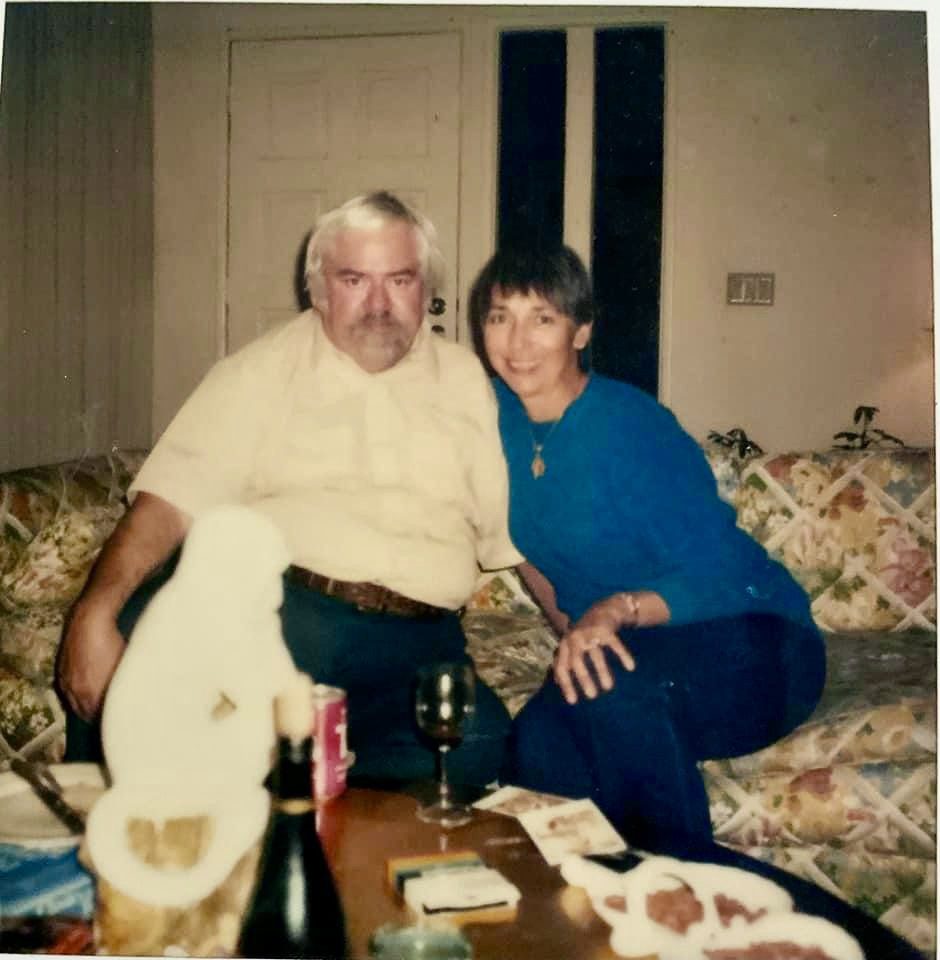

John Phillip Nichols did actually do time, but not for the controversies listed here. In 1985, he pleaded no contest to two felony charges of soliciting the murder of individuals he believed to be involved in drug dealing. Despite these allegations, the planned killings never took place, and Nichols served over two years in prison for his involvement.
“I was at Le Paon restaurant in Palm Desert in 1988 when tribal members and my family celebrated the US Supreme Court delivering a huge win to the Cabazons with what’s known as The Cabazon Decision. It’s the court decision that opened up the floodgates to allowing casinos on reservation land across the country. My dad had just been released from prison. It was quite a celebration.”
“It’s a bit of a lonely voyage,” confessed Bobby. “It’s a very fertile field to explore. I have to ultimately decide to begin engaging with it, which isn’t easy. I suppose it is for all of us, but experiences customize the experience. Mine’s pretty customized,” he laughed. “Danny’s friend in episode 4 calls this, ‘the most explosive story in U.S. history.’ It’s hard to wrap my head around that comment.”
While Nichols acknowledges the gravity of the narrative surrounding his family, he remains focused on his passion for music while grappling with the deeper implications of his familial history.
In the second episode of the series, Bobby is filmed saying, “I’m a musician, man, and I’d like to stay that way.” Later, he expounded, “I’m all about music, but there’s a deeper karmic pull at play. I want the two to help each other.”
“Did my father kill someone,” Bobby questioned? “I hope not. At the end of the day, it is still an unsolved mystery.”
